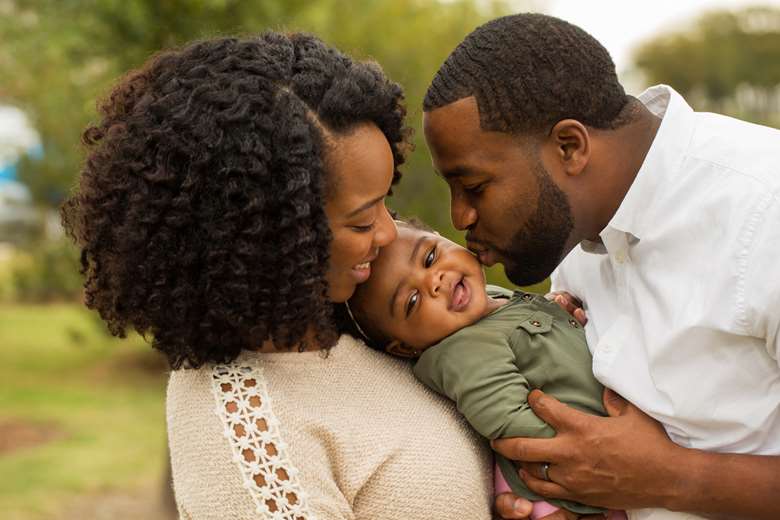Don’t return to Sure Start, use it as a reminder of designing family support around outcomes
Rob Wilson
Tuesday, December 19, 2023
The early years are an essential window to act in a child’s life.The experiences a child has before school provide the building blocks for their development and their later life outcomes. Parents and primary carers play a unique role during these years and their impact cannot be overstated.

Getting the early years right can have a huge impact. We know that in Britain, some children from the most disadvantaged backgrounds start school 4.5 months behind all others and leave school 18.1 months behind their more advantaged peers.
To support families, the government has commissioned a number of family and parenting programmes over the years with mixed success.
At the Social Mobility Commission, we have reviewed the late 1990s/early 2000s flagship government programme, Sure Start, and 47 other programmes across 23 countries. We have recently published this research in our Family and Parenting Programmes Rapid Evidence Review as well as covering it in two related podcast episodes. First, on the rise and fall of Sure Start – available now – and second, on the design of Family Hubs aired November 30.
Our research found evidence that good-quality early years programmes can contribute to good preparation for school and in turn lead to positive returns in education, health and productivity later in life. A closer look found that children develop a broad range of cognitive and socio-emotional skills when parents engage with them through specific activities, particularly through talking, playing and reading with their child.
Our findings suggest that the acquisition of these skills (reading, talking and playing with others) from birth to the age of five play a crucial role in promoting social mobility – and their positive outcomes persist beyond the first 5 years of a child’s life. Our research therefore concluded that skills acquisition should be designed into all early years programmes and made a top priority.
However, our review also shows that across the huge range of family and parenting programmes the quality of provision is sometimes patchy.
In the case of Sure Start, which received significant public funding in the late 1990s, our review found that the programme’s results were at best mixed. It had several objectives and hoped to cover a multitude of services in one offering. This resulted in discrepancies in the quality of provision across the country. Because of this, impact evaluations of the programme generally reflect an unclear picture of success.
Demonstrating clear evidence of Sure Start’s benefits for social mobility is challenging. It clearly had some localised successes but it was disappointing in a number of ways. The programme did not have a significant focus on cognitive and socio-emotional skills acquisition and subsequently failed to measure its impact on skills when assessing child outcomes. As such, what we can learn from Sure Start about the types of interventions that actually work for families was and is limited.
If the government decided to return to Sure Start as the blueprint for Family and Parenting Programmes, it would be taking a risk. Instead, it should use the example of Sure Start as a reminder of the importance of designing family and parenting programmes around fixed, measurable outcomes – and understanding what parents truly need first.
Aside from government-commissioned family and parenting programmes, and in response to the ongoing need, the Social Mobility Commission has launched ‘It’s Child’s Play’. This new campaign, to be extended to Blackpool in January, aims to show parents how effective they can be at kick starting their child’s early learning. It also hopes to convey how quick, easy and rewarding it can be to make space for everyday learning moments within a family’s daily routine.
We want to use our campaign to complement family and parenting programmes, as well as act in their absence, to empower parents themselves to support school readiness in their children. Parenting isn’t easy and trying to juggle all the things you want to do right for your child can be exhausting. But all the evidence suggests that even small daily changes which make time for educational activities can make a great difference to a child’s future.
As a society we must ensure every child has the opportunity to thrive academically and emotionally. By focusing robustly on improving cognitive and socio-emotional skills, properly evaluating and designing government programmes, and reminding all parents of the powerful difference they can make to their child’s development, we will be more successful in supporting the next generation to make the most of what life can offer.
Rob Wilson is deputy chair of the Social Mobility Commission




